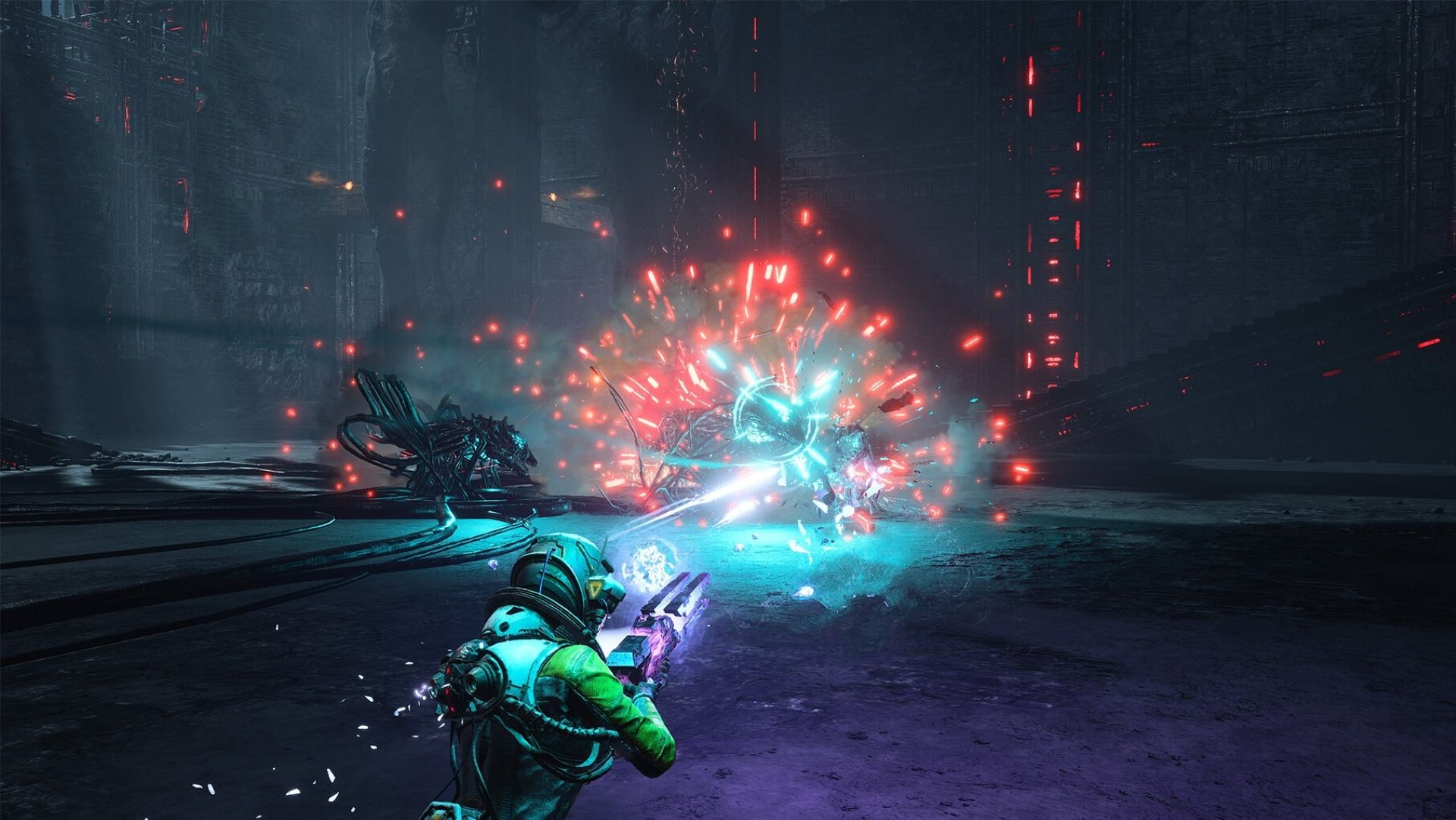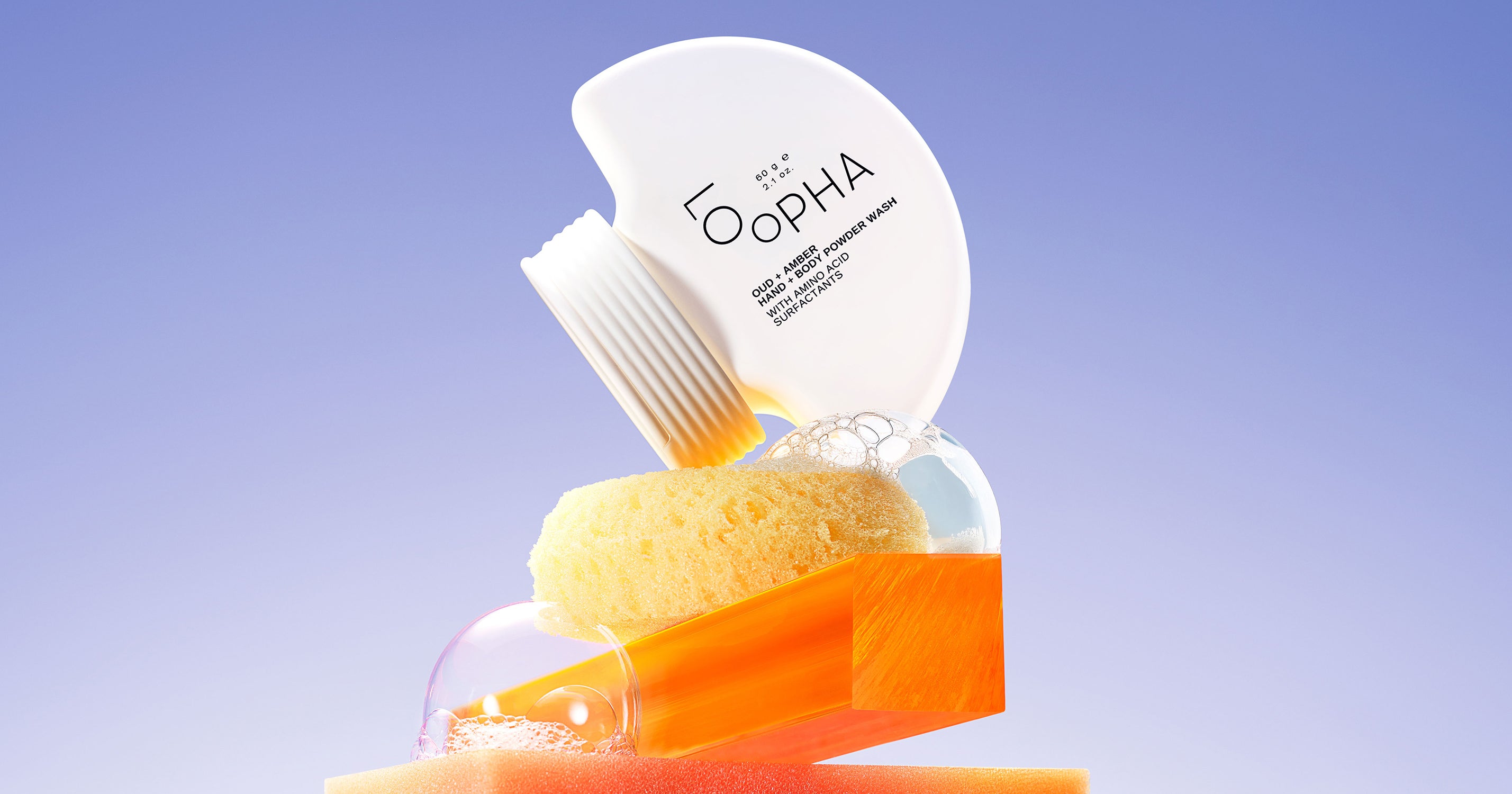Say what you want about Dominic Harrison, but you have to admit the guy’s not had an easy ride. Performing as Yungblud, he created an alias designed to provoke Gen-Xers with outspoken lyrics on politics, social commentary and LGBTQ+ rights. Sure, the music might not have been to everyone’s taste, but the online backlash he received was extreme.
When I met Yungblud last year, he explained how it had affected him: ‘People think I’m lying all the time, or they just hate me,’ he said. ‘Being hated is so exhausting when all you want to do is spread love.’ At the time, it felt like a shift was happening. The usually bratty, outspoken Doncaster native had mellowed, as if he were ready to start a new chapter. In that same interview, he revealed he was working on a rock opera, describing it as ‘very much in the style of The Verve or U2 or Bowie’.
Yungblud: Are You Ready, Boy? is the story of how he approached making his fourth album, Idols, told through a full live rendition, interspersed with confessional interviews from the artist and his team. Directed by Grammy-nominated filmmaker Paul Dugdale (Adele: One Night Only), it offers a glimpse into the mind of an artist trying to break free from a persona that’s followed him around for better and worse. It’s no coincidence that the film was shot at Berlin’s Hansa Studios, where Bowie recorded Heroes, a record that also marked a definitive shift in sound for a rock great. Can Yungblud match the greatness of his predecessors? Here are five things we learned watching him try.
1. He’s moving like Jagger
‘When you watch this film, you are looking at musicians battling against space, time, and the fucking universe,’ Harrison says, opening the film in black-and-white, twirling a microphone and arching his back like a power-chord-possessed rock frontman. ‘Every time I’m in that room, looking at that microphone in front of my face, I have to look at the universe and say fuck you, let’s ‘ave it.’ This sets the tone for a new Yungblud alter ego. Harrison struts and pouts like he’s channelling Freddie Mercury, Steven Tyler or Mick Jagger, and it’s quickly apparent that his bratty teenage Dennis the Menace character has been dropped for good.
Every time I’m looking at that microphone, I have to look at the universe and say fuck you, let’s ‘ave it
Flitting between gritty 16mm film, black-and-white and vibrant colour, the director Paul Dugdale is clearly leaning into the aesthetic of ‘70s rock legends. This is matched by his new wardrobe choices. The tartan skinny trousers, mohair knits and bright pink socks have been ditched for fitted suits, silk shirts, leather trousers, and an all-black palette, occasionally broken up by a splash of leopard print. Oh, and his top is off a hell of a lot as well – a common thing now if you’ve been following him on Instagram.
His vibe is a lot more mellow, too. His demeanour is less in-your-face, and he seems more poised. Maybe it’s the effect of the space’s legacy. Speaking about the making of the film, he said: ‘You can feel the history in Hansa; it’s in the silence between takes, the ceiling looming over you. You’re standing in the shadows of all these legends and asking yourself “Who the fuck am I? And what am I gonna leave behind?”’
3. He’s prone to a meltdown
Anyone who’s seen his live rendition of ‘Changes’ at the Sabbath farewell show will know he can actually sing. But dreaming of sounding like Freddie Mercury and actually pulling it off are two very different things. In the film, we see Harrison pushing his vocals to the limit, breaking down emotionally when his voice cracks or gives out during ‘The Greatest Parade’. At one point, it escalates into a full-blown meltdown, where things get thrown and broken behind a closed door, as he yells: ‘I’m letting everyone down.’

4. The rock star lifestyle has changed since the ’70s
Even though Harrison is channelling a ’70s rock star (and he’s in Berlin, one of the world’s most notorious party cities), there’s a lot less hedonism than one would hope. No, he’s not lobbing TVs out of windows or locking groupies in wardrobes; instead, he’s going to the gym and eating takeaways with his band members. There’s one ‘night out’ sequence, but even that seems restrained.
Perhaps this is because Yungblud is taking this whole new pivot very seriously. So seriously, in fact, that he left his three-year relationship with fellow rocker Jesse Jo Stark for it. ‘I just needed to make sure I gave everything to it, and I’ve sacrificed everything for it,’ he confesses.
5. He doesn’t give a shit if you don’t like him
‘The biggest problem for me is that people think I’m fake,’ Yungblud told me last year. ‘I try and try and try and try and try [to do good]. Then every six weeks or so, I have a breakdown.’
That struggle is laid bare in Yungblud: Are You Ready, Boy?, as his manager, Adam Wood, explains how the two would sit together reading the comments on his posts; many accusing him of being inauthentic, questioning his sexuality, his upbringing and his legitimacy as an artist. ‘Emotionally, I really did hit rock bottom,’ Harrison admits in the film.
Now, it feels like he’s looking at that era in a rearview mirror. Idols marks a reclamation of his early influences and channels a sound that’s more in line with who Harrison really wants to be. There’s still an on-stage persona, sure, but the caricature doesn’t bleed into who he is offstage anymore. There’s a sense of… legitimacy? The film’s final moments are shot in what looks like a local tavern, shortly after the live album is finished. He’s asked by Dugdale if he feels pressure or freedom. ‘The pressure’s gone,’ he grins. ‘[It feels] fucking awesome.’

Yungblud: Are You Ready, Boy? is in cinemas worldwide August 20 & 24. Read our archive cover interview here.

















